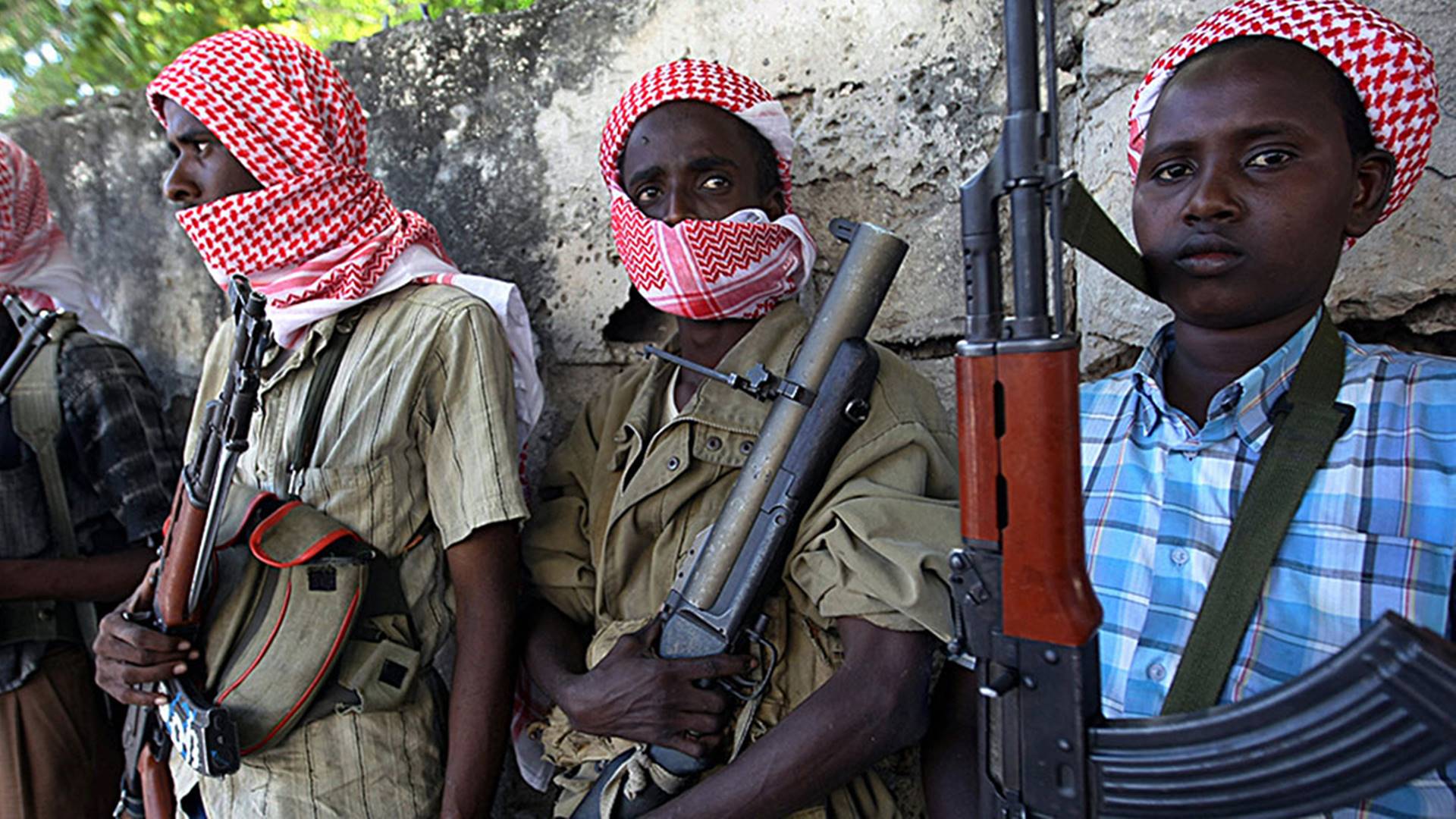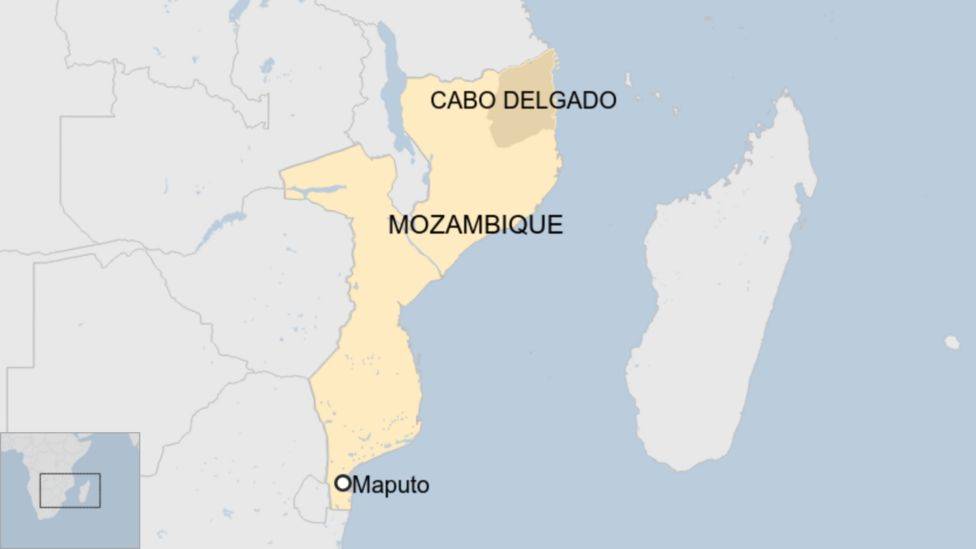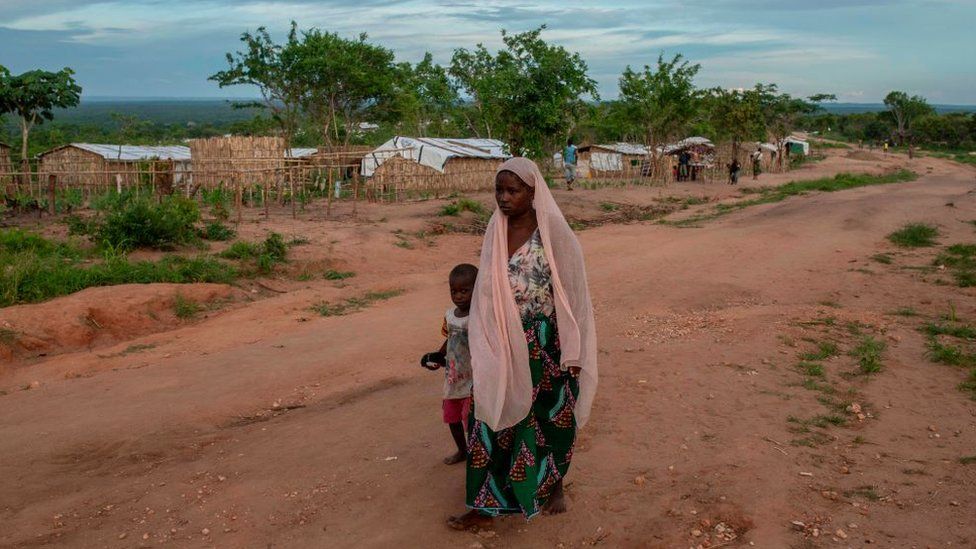Aid agency Save the Children says Islamist militants are beheading children as young as 11 in Mozambique’s northern province of Cabo Delgado

One mother told the agency she had had to watch as her 12-year-old son was killed in this way close to where she was hiding with her other children.
More than 2,500 people have been killed and 700,000 have fled their homes since an Islamist insurgency began in 2017.
The militants are linked to the Islamic State (IS) group.
One mother, whose name was withheld to protect her identity, said her eldest child had been beheaded near where she and her other children were hiding.
At least ninety killed in preventing in Yemen’s Marib in ultimate 24 hours
“That night our village was attacked and houses were burned,” she said.
“When it all started, I was at home with my four children. We tried to escape to the woods but they took my eldest son and beheaded him. We couldn’t do anything because we would be killed too.”
Another woman said her son had been killed by militants while she and her other three children had been forced to flee.
“After my 11-year-old son was killed, we understood that it was no longer safe to stay in my village,” she said.
“We fled to my father’s house in another village, but a few days later the attacks started there too.”

Chance Briggs, Save the Children’s country director in Mozambique, said the reports of attacks on children “sicken us to our core”.
“Our staff has been brought to tears when hearing the stories of suffering told by mothers in displacement camps,” he said.
The United Nations special rapporteur on extra-judicial executions described the militants’ actions as “cruel beyond words”.
The UN urges the United States to withdraw the Houthi terrorist designation
Who are the militants?
The insurgents are known locally as Al-Shabab, although they have no known links to the Somali jihadi group of the same name.
They have publicly sworn allegiance to IS. IS says it has carried out a number of attacks in Mozambique and appears to be promoting its involvement there as part of a “franchise” operation.
The US state department has designated the insurgents a terrorist organization.
The group has rarely given any indication about its motive, leadership, or demands.
In a video last year, one militant leader said: “We occupy [the towns] to show that the government of the day is unfair. It humiliates the poor and gives the profit to the bosses.”
The man spoke about Islam and his desire for an “Islamic government, not a government of unbelievers”, but he also cited alleged abuses by Mozambique’s military, and repeatedly complained that the government was “unfair”.
Chance Briggs told the BBC World Service it was difficult to determine exactly what was behind the violence.
“Mozambique is the eighth poorest country in the world. Cabo Delgado is the poorest province in Mozambique and yet there are tremendous mineral resources there and there’s a sense by some that the resources are not being shared equally so that seems to be a driver of the conflict,” he said.
“But frankly speaking there’s no manifesto and so it’s hard to understand the exact motivations but what we see is that the insurgents are trying to drive people out. They co-opt young people into joining them as conscripts and if they refuse they are killed and sometimes beheaded. They chase people away. It’s really hard to see what is the end game.”
What else has been happening in Cabo Delgado?
It is not the first time that there have been reports of beheadings in the region.
Last November, state media reported that more than 50 people had been beheaded at a football ground in Cabo Delgado.
In April last year, dozens more were beheaded or shot dead in an attack on a village.
Human rights groups say security forces have also carried human rights abuses, including arbitrary arrests, torture, and killings, during operations against the jihadists.
Mozambique’s government has appealed for international help to quell the insurgency.

On Monday, US embassy officials in the capital Maputo said American military personnel would spend two months training soldiers in Mozambique, as well as providing “medical and communications equipment”.
“Civil protection, human rights, and community involvement are central to US co-operation and are critical to effectively combating Islamic State in Mozambique,” an embassy statement said.
Napomena o autorskim pravima: Dozvoljeno preuzimanje sadržaja isključivo uz navođenje linka prema stranici našeg portala sa koje je sadržaj preuzet. Stavovi izraženi u ovom tekstu autorovi su i ne odražavaju nužno uredničku politiku The Balkantimes Press.
Copyright Notice: It is allowed to download the content only by providing a link to the page of our portal from which the content was downloaded. The views expressed in this text are those of the authors and do not necessarily reflect the editorial policies of The Balkantimes Press.
